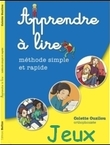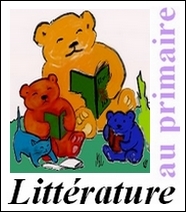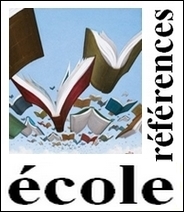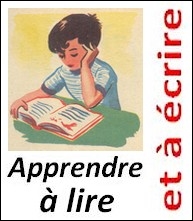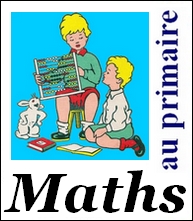-
Rachel Boutonnet, Pourquoi et comment j’enseigne le b.a-ba (conseils et récits d’instits à l’usage des collègues débutants et des parents curieux), Ramsay, 2005, pp. 94-116.
L'ARTICULATION ÉCRITURE/LECTURE
Dans l'apprentissage de la lecture, l'articulation lecture/écriture ne doit jamais être perdue de vue. Écrire ce qu'il lit, c'est ce qui permet à l'élève de fixer dans sa mémoire la façon dont se lisent les lettres, les syllabes et les mots. En faisant passer les mots par sa main, en les reproduisant lui-même, l'élève les intègre beaucoup plus efficacement que s'il se contentait de les lire.
Toute leçon de lecture est donc immédiatement suivie par une séance d'écriture : copie et dictée.
LA MÉTHODE SYLLABIQUE OU GLOBALE ?
-
TEACHING CHILDREN TO READ
1. What is Reading ?
Literacy is the most important factor in keeping up our civilization, and teaching children to read is the most important task of our schools. We perform this task clumsily and with a great waste of labor and time. Even at the end of eight years many of our pupils cannot be said to read; yet eight months ought to suffice.
This is not due to a lack of pedagogic methods. The most excellent teaching technique is bound to give poor results so long as the teacher does not know what to teach.
-
Rudolf Flesch, Why Johnny Can’t Read ? And What You Can Do About It (1955)
Chapter I
A LETTER TO JOHNNY'S MOTHER
Dear Mary:
I have decided to start this book with a letter to you. You know that the idea came to me when I offered to help John, with his reading. It's really his book — or yours. So the only proper way to start it is with the words “Dear Mary.”
You remember when I began to work with Johnny half a year ago. That was when he was twelve and they put him back into sixth grade because he was unable to read and couldn't possibly keep up with the work in junior high. So I told you that I knew of a way to teach reading that was altogether different from what they do in schools or in remedial reading courses or anywhere else. Well, you trusted me, and you know what has happened since. Today Johnny can read — not perfectly, to be sure, but anyone can see that in a few more months he will have caught up with other boys of his age. And he is happy again: You and I and everyone else can see that he is a changed person.
I think Johnny will go to college. He has a very good mind, as you know, and I don't see why he shouldn't become a doctor or a lawyer or an engineer. There is a lot in Johnny that has never come to the surface because of this reading trouble.
-
Document envoyé par fran24.
-
Document envoyé par fran24.
Théorie et pratique

